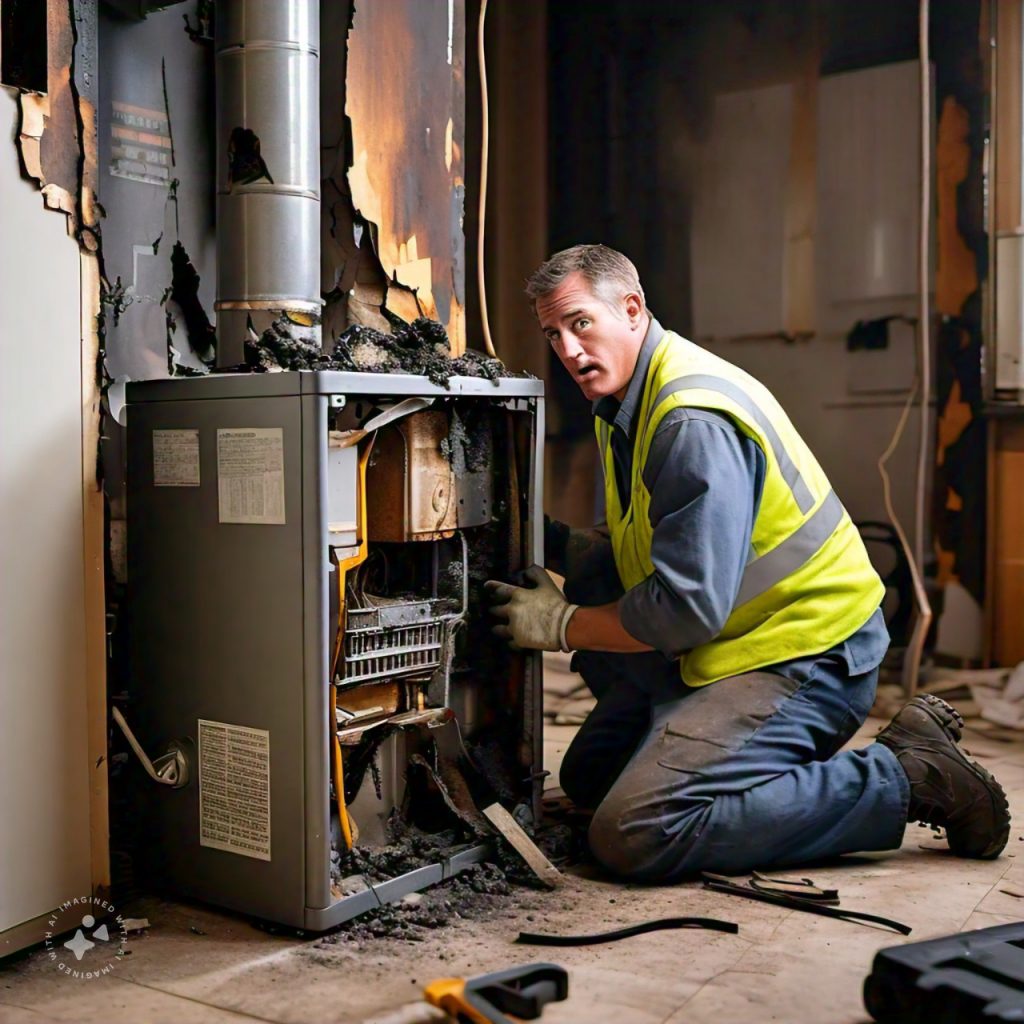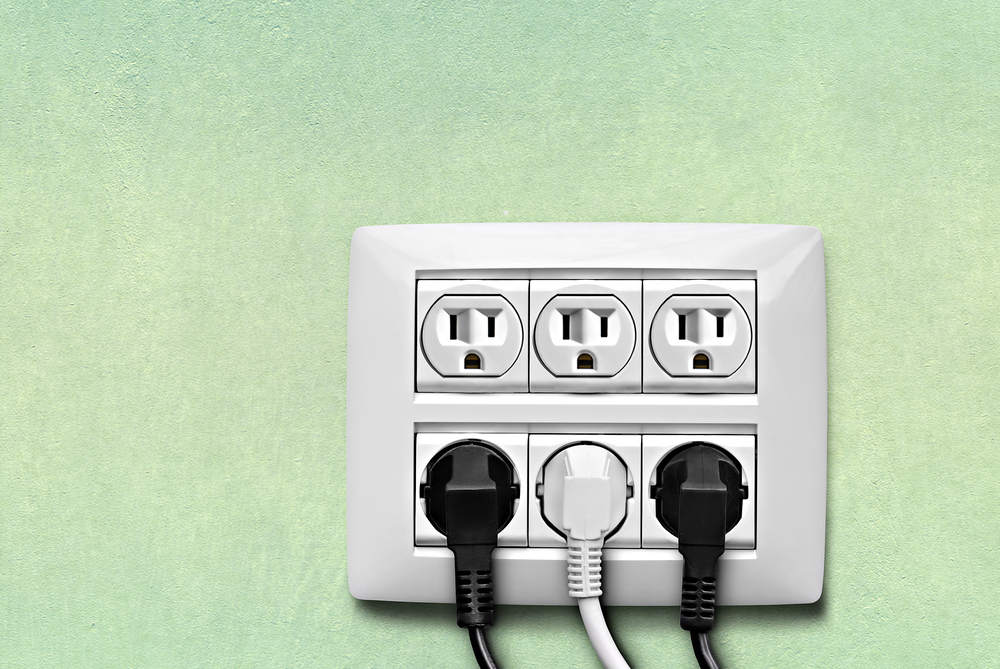Table of Contents
Heater Repair during winter: Winter brings with it the need to rely heavily on heating systems to keep our homes warm and comfortable. However, heating emergencies and the risk of fire damage become significant concerns during the colder months. Knowing how to manage heating repairs and prevent fire-related disasters can save your home and family from unnecessary distress. This comprehensive guide will help you navigate emergency heating repairs and implement measures to reduce fire risks in winter.

Emergency Heating Repairs
Common Winter Heating Issues
- Furnace Failure: A malfunctioning furnace can leave your home frigid during freezing temperatures.
- Pilot Light Problems: Gas furnaces rely on a pilot light, and issues here can disrupt heating.
- Clogged Air Filters: Poor airflow caused by clogged filters can overwork the system and lead to a breakdown.
- Frozen Pipes in Heating Systems: Cold temperatures can cause pipes to freeze, cutting off the heating supply.
- Thermostat Malfunctions: Faulty thermostats can prevent heating systems from operating efficiently.
Steps to Address Heating Emergencies
- Identify the Problem: Check your thermostat settings, air filters, and pilot light. Ensure the heating system has power.
- Temporary Solutions: Use portable heaters, layer up, and insulate windows while waiting for repairs.
- Call a Professional: Emergency HVAC technicians are equipped to diagnose and repair heating issues quickly.
- Regular Maintenance: Schedule annual inspections to prevent unexpected failures during the peak winter season.
Fire Damage Risks Associated with Heating Systems
Common Fire Hazards in Winter
- Space Heaters: These devices can ignite nearby flammable materials if misused.
- Overloaded Electrical Outlets: Plugging too many devices into one outlet can cause overheating and fires.
- Fireplaces: Without proper maintenance, fireplaces can produce creosote buildup, increasing fire risk.
- Faulty Furnaces: Malfunctions in old or poorly maintained furnaces can result in sparks or gas leaks.
- Improper Use of Extension Cords: Using low-quality or inappropriate cords with heating devices can lead to electrical fires.
Preventing Fire Damage
- Proper Heater Placement: Keep space heaters at least three feet away from flammable objects such as curtains, bedding, or furniture.
- Inspect and Maintain Equipment: Have your heating systems, including fireplaces and furnaces, inspected annually by professionals.
- Use Fire-Resistant Materials: Install fire-resistant barriers around heating equipment.
- Avoid Overloading Circuits: Plug heating devices directly into wall outlets rather than extension cords.
- Install Smoke Detectors: Place smoke detectors near heating systems and test them monthly.
Fire Damage Prevention Tips for Homes
General Safety Measures
- Establish a Fire Escape Plan: Create and practice a plan with your family to ensure everyone knows what to do in case of a fire.
- Keep Fire Extinguishers Handy: Place extinguishers near heating systems and in the kitchen.
- Inspect Chimneys: Hire a chimney sweep to clean and inspect your chimney annually to prevent creosote buildup.
- Avoid Clutter: Keep flammable items away from heat sources, and do not store combustibles near furnaces or water heaters.
Winter-Specific Measures
- Use Carbon Monoxide Detectors: Heating systems can produce carbon monoxide leaks if not properly maintained. Install detectors to ensure safety.
- Prevent Frozen Pipes: Insulate pipes and maintain indoor temperatures to prevent them from freezing and bursting.
- Seal Drafts: Ensure doors and windows are sealed to reduce the strain on your heating system, minimizing fire risks.
- Monitor Fuel Supplies: For homes using oil or gas heating, ensure adequate supply and proper storage to avoid emergencies.

When to Call Professionals for Heating Repairs
- No Heat or Limited Heat: If your heating system fails completely or isn’t heating efficiently, call an HVAC expert immediately.
- Unusual Odors or Sounds: Burning smells, gas odors, or loud noises from heating equipment warrant immediate professional attention.
- Frequent System Shutdowns: Systems that frequently trip or shut down on their own indicate a deeper issue.
- Visible Damage or Sparks: Any visible damage, sparks, or exposed wiring require urgent repairs to avoid fire hazards.
Emergency Preparedness Tips for Winter
- Stock Up on Supplies: Keep extra blankets, portable heaters, and emergency kits for temporary solutions.
- Maintain Emergency Contacts: Have a list of reliable HVAC technicians and fire restoration services handy.
- Educate Your Family: Teach everyone in your household about basic fire safety and emergency heating solutions.
- Invest in Backup Power: Consider installing a generator to keep heating systems operational during power outages.
Conclusion
Preparing for winter heating emergencies and taking proactive measures to prevent fire damage is crucial for a safe and comfortable season. Regular maintenance, proper use of heating systems, and having an emergency plan in place can make all the difference. Should a fire or heating issue arise, professional help is invaluable for swift and effective resolution.
For immediate assistance with Water damage restoration, contact PuroClean Disaster Restoration, Call (+1) 317-467-4436.
By staying informed and vigilant, you can enjoy the warmth of winter without the stress of unexpected repairs or fire hazards.



 PuroClean Disaster Restoration
PuroClean Disaster Restoration